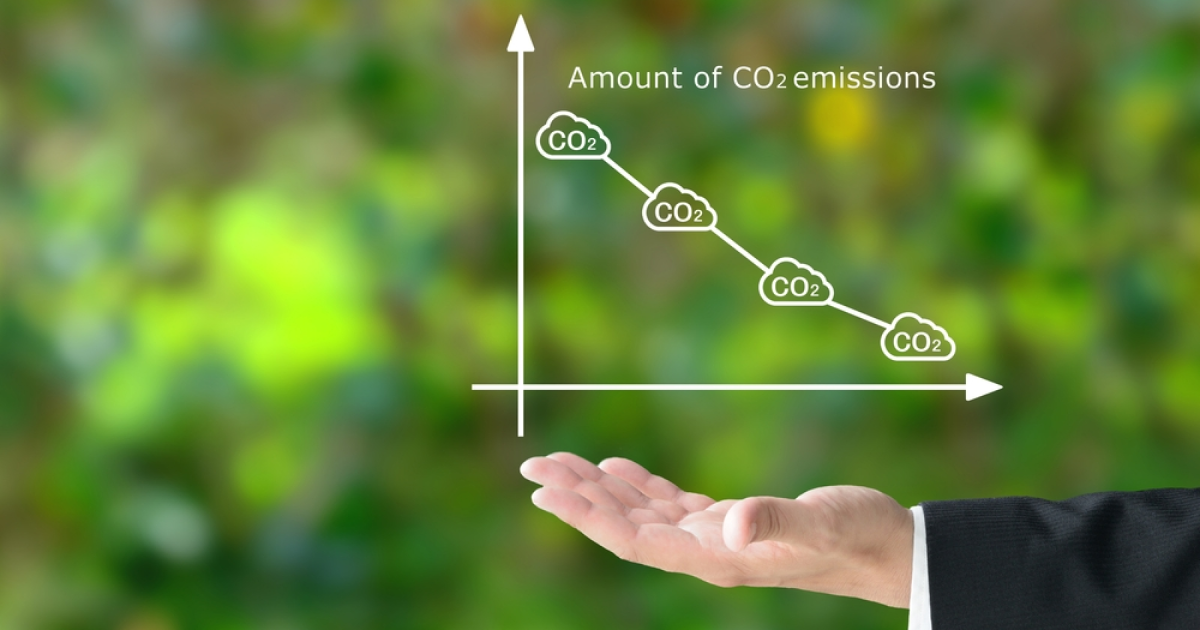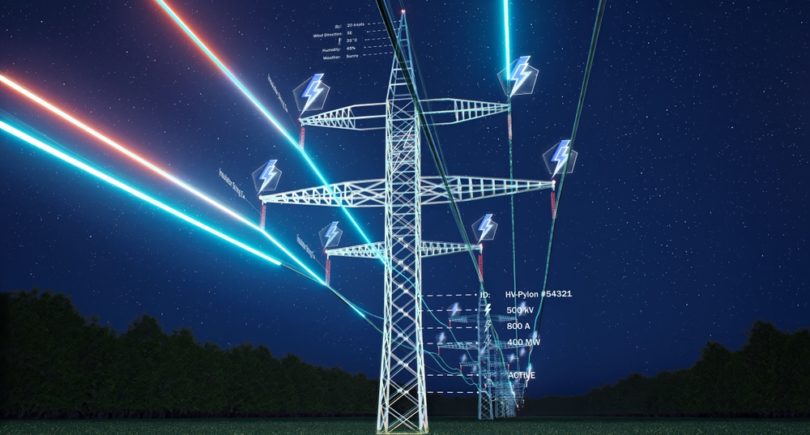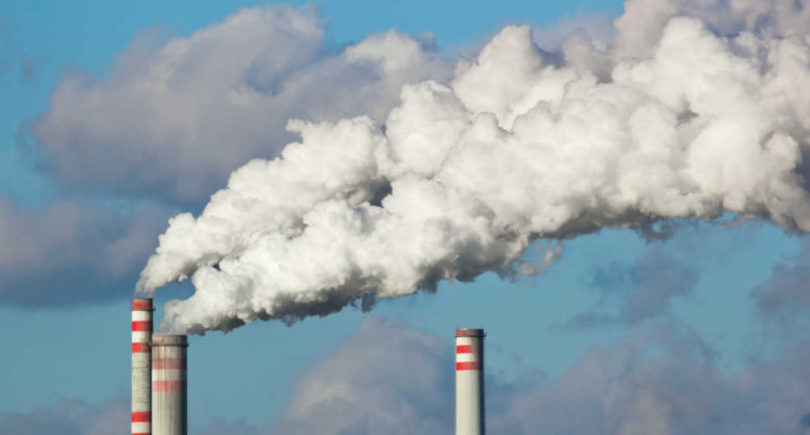
News Green steel ETS 1051 14 July 2023
In total, it is about 41 large-scale projects in 15 countries
The European Commission has allocated more than €3.6 billion ($4.0 billion) to large-scale clean technology projects in a number of industries. They will be financed through the EU Innovation Fund from emissions trading revenues. It is stated in the notification of the institution.
41 large-scale projects will be funded, all of which focus on the REPowerEU plan and phasing out Russian fossil fuel imports into Europe. The projects cover a wide range of industries, in particular, the steel sector and renewable energy. The financing will contribute to the greening of important sectors of the European economy, in particular those that are difficult to decarbonize, the message says.
All selected projects from 15 EU countries will start operating by 2030. They have the potential to avoid carbon emissions in the amount of 221 million tons during the first 10 years of operation. In particular, 13 projects received €1.2 billion in the Electrification of Industry and Hydrogen section. Six of them focus on hydrogen production, seven on hydrogen consumption in the chemical and steel industries and oil refining.
Further financial support for less mature projects will come in the fourth quarter of 2023 from the European Investment Bank.
EU ETS Innovation Fund is one of the key tools of the industrial plan of the European Green Deal. It is financed by revenues from the sale of allowances in the EU Emissions Trading System (EU ETS) auctions. The fund has already held two large-scale competitions, providing grants of €1.1 billion and €1.8 billion.
With a current estimated revenue of around €40 billion by 2030, the Innovation Fund aims to help businesses invest in clean energy and bring to market technologies that can decarbonise European industry while boosting its competitiveness.
As GMK Center reported earlier, the European Parliament is in April 2023 approved five pieces of legislation from the Fit for 55 package, which aims to reduce greenhouse gas emissions by 55% by 2030 (compared to 1990 levels). Among those approved is the reform of the Emissions Trading System (ETS) in the EU. Greenhouse gas emissions in ETS sectors should be reduced by 62% by 2030 (compared to 2005 levels). Free allowances for companies will be phased out between 2026 and 2034.




